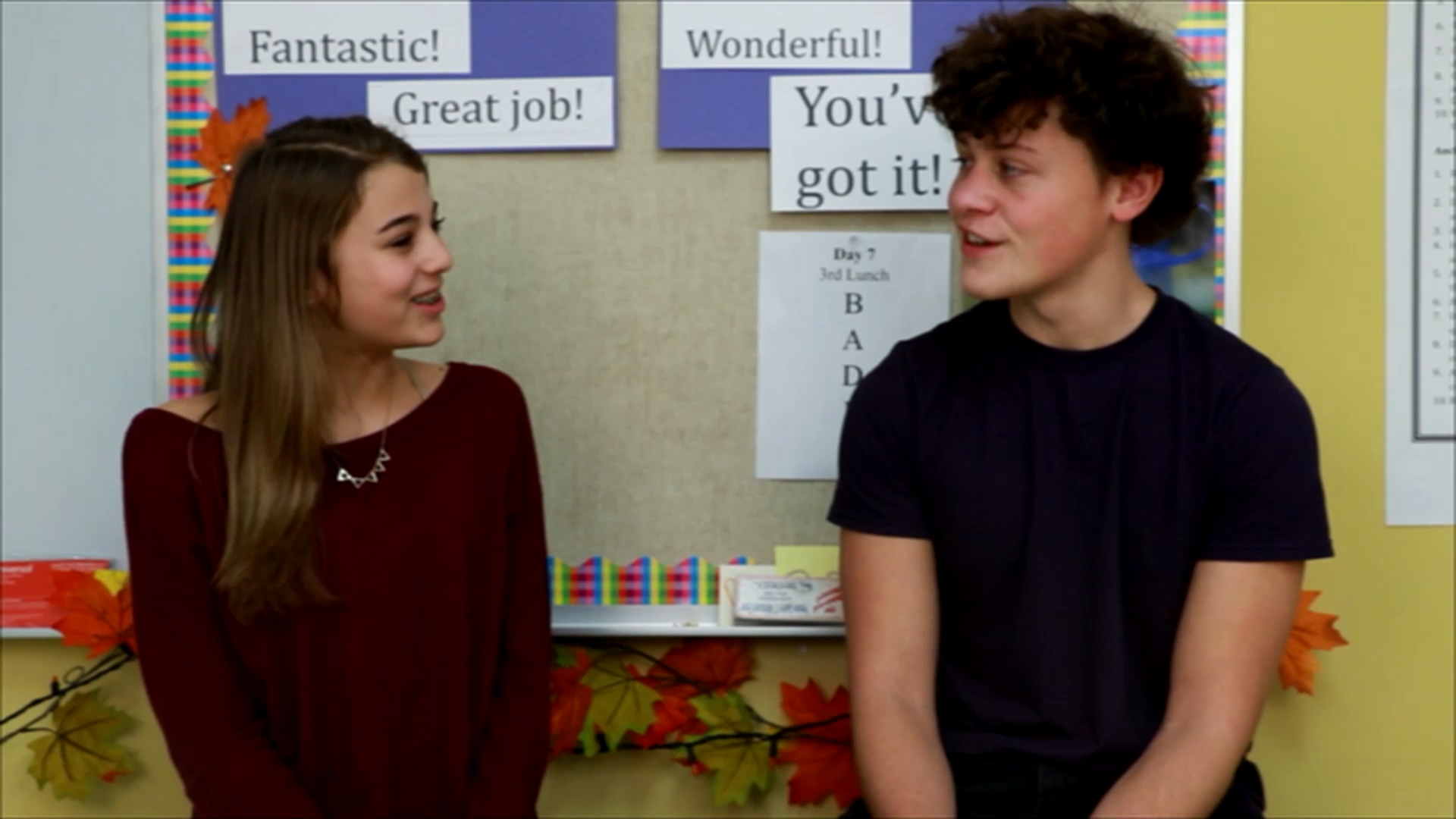
Introduction
Effective communication is a fundamental life skill that is essential for everyone, especially students in special education. By teaching conversation skills, educators can help students better navigate social situations, develop meaningful relationships, and express themselves with confidence. In this blog post, we will discuss an engaging, no-prep activity designed to enhance conversation skills, followed by thought-provoking discussion questions and related skills that can be incorporated into your curriculum.
No-Prep Activity: The Conversation Ball
This activity requires no preparation or materials from the educator, making it an ideal choice for busy teachers. All you need is an imaginary ball! The Conversation Ball activity is designed to help students practice taking turns in a conversation and understanding the importance of adding comments or asking questions.
- Have the students sit in a circle.
- Start the activity by holding the imaginary ball and making a comment or asking a question related to a topic, such as the new computers in the library.
- Pass the imaginary ball to a student, who will then respond by either adding a comment or asking a question.
- Continue passing the imaginary ball around the circle, encouraging students to practice their conversation skills by taking turns, adding comments, and asking questions.
- After a few rounds, change the topic to keep the conversation fresh and engaging.
By participating in this activity, students will learn to actively listen, respond appropriately, and maintain a conversation with their peers.
Discussion Questions
After completing the Conversation Ball activity, use these discussion questions to further explore the importance of conversation skills and stimulate deeper thinking:
- Why is it important to take turns in a conversation?
- How does adding a comment or asking a question help keep a conversation going?
- What are some strategies you can use to think of comments or questions during a conversation?
- How do conversation skills help us build relationships with others?
- What challenges might someone face when trying to improve their conversation skills?
Related Skills
In addition to conversation skills, there are several other important social-emotional learning skills that can be taught to special education students:
- Active listening: Encourage students to pay attention, make eye contact, and show empathy when others are speaking.
- Non-verbal communication: Teach students to recognize and interpret body language, facial expressions, and tone of voice.
- Assertiveness: Help students learn to express their thoughts and feelings confidently and respectfully, without being aggressive or passive.
- Conflict resolution: Provide students with strategies for resolving disagreements and finding solutions that work for everyone involved.
Next Steps
Now that you have a better understanding of how to teach conversation skills to special education students, you may be interested in exploring additional resources and activities. To access free samples of these skills and others, sign up at Everyday Speech. By incorporating these resources into your curriculum, you can help your students develop strong social-emotional learning skills that will serve them well throughout their lives.

